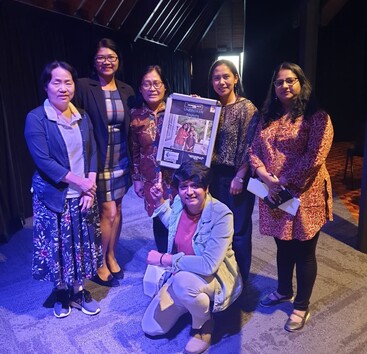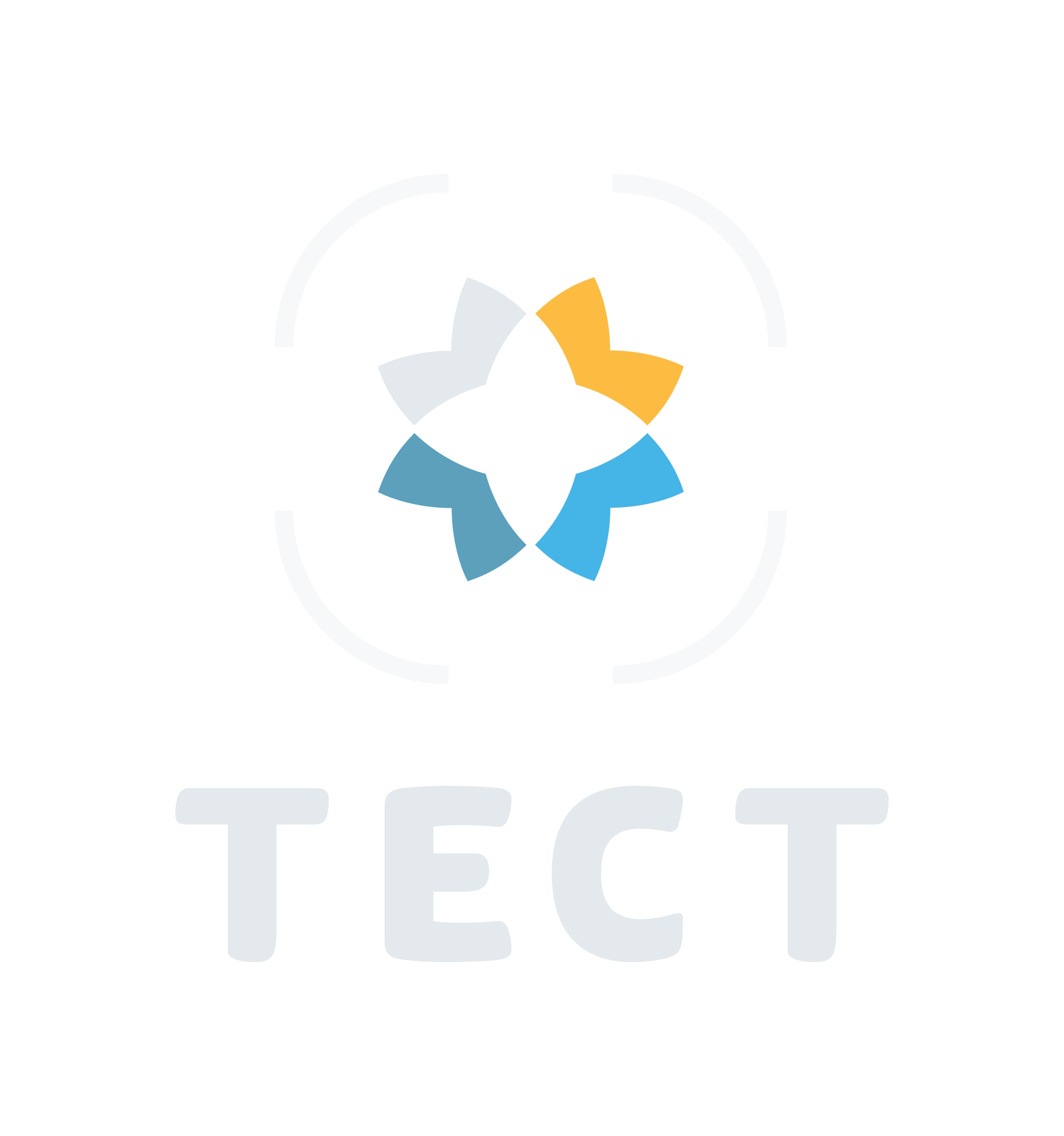There have been numerous support systems established and expanded in response to Covid-19 and the lockdown. From wage subsidies and redundancy payments, to counselling and domestic abuse support, our country has responded quickly to ensure we survive the financial and mental toll of a worldwide pandemic.
But in this time of crisis, many migrant women have been further marginalised.
Women without permanent residency who are in abusive relationships have been one of the most highly impacted groups in the region.
Ineligible for the wage subsidy, they have had to seek outside support from charities in order to survive and help meet their food, medical and children's needs.
While job losses across the community have led to increased domestic abuse, for many ethnic women there can feel like there is no means to escape from this, with social isolation, language barriers, and a lack of support networks leading to immobility and disempowerment.
In addition to threats of having their visa sponsorship cancelled by their violent husbands or partners, there are also fears of failing cultural expectations, with a perception that a failed relationship means they have failed in life.
Shakti Ethnic Women's Support Group has been supporting these vulnerable women and experienced a 100% increase in client numbers during lockdown compared to the same period last year. They continue to see a significant increase in demand.
The charity is dedicated to improving the well-being of migrant refugee women and families of Asian, Middle Eastern and African origins. Led by ethnic women for ethnic women, they work to enhance social justice, women's rights and contribute to safer ethnic communities.
Shakti has been providing counselling and crisis accommodation, delivering food, assisting with travel to doctors, and advocating for client's safety by communicating with the police and courts.
Margie Agaled-Dinwoodie, Shakti National Service Delivery Manager, says migrant women who suffer from domestic violence experience many barriers.
"They often have limited English, a loss of personal support networks, a lack of knowledge of the systems and laws in New Zealand and the lack of basic life skills to be able to live independently. With the prolonged exposure to abuse, their self-esteem gets affected."
Margie says their service users typically end up staying in their harmful relationship as it is the only sense of familiarity to them.
"During ordinary times, women in abusive relationships will find it very challenging to consider leaving due to fear from the perpetrator or fear of the unknown. This pandemic has added another layer of uncertainty and fear in victims which results in women staying in situations they are familiar with, and has also worsened situations for women who were being isolated and watched all the time.
"We provide culturally sensitive services for women of ethnic backgrounds. There are a number of nuanced issues which may be difficult to detect by mainstream providers and those who are not familiar with the cultural backgrounds these women are from.
"In many of the cases we work with, it is only through Shakti that ethnic women are able to find their voice and courage to stand up and speak up. In Shakti, it is easier to establish rapport, relate and empathise with ethnic clients because of similar lived experiences. Clients tend to open up and trust the process if they are able to speak in their own language, eat familiar foods, share similar stories, acknowledge cultural backgrounds, and generally relate with common experiences as migrants and as ethnic women."
Shakti applied for funding through the WBOP COVID-19 Recovery Fund to help meet the increased demand for their support.
The joint fund, established by local funders TECT, Acorn Foundation, BayTrust and Tauranga City Council, approved $20,000 to support the charity's advocacy work, counselling, crisis accommodation, food, and medical costs for women and children in need.
Margie says the funding has helped Shakti provide support that they can't normally provide.
"Shakti Tauranga is not contracted to provide services to non-Permanent Resident clients, so community support and this Recovery funding are enabling us to reach out and extend the services to a very vulnerable group of women in the region.
"We are so incredibly grateful for the funding; it is helping us survive and support hundreds of women and children in need."
Tauranga City Council's interim Manager of Community Development, Anne Blakeway, says the funding will go a long way to supporting Shakti's work.
"We are lucky to have Shakti in our community supporting ethnic women in high-risk situations. The lockdown and subsequent job losses have led to an increase in anxiety and exacerbation of abuse in the ethnic communities and without Shakti, many women and children could be stuck in dangerous homes, without the food, care and support they need.
"This funding will go a long way to support the increased demand Shakti expects could last up to 12 months or more – at least until the job market recovers and the Covid-19 situation stabilises."




